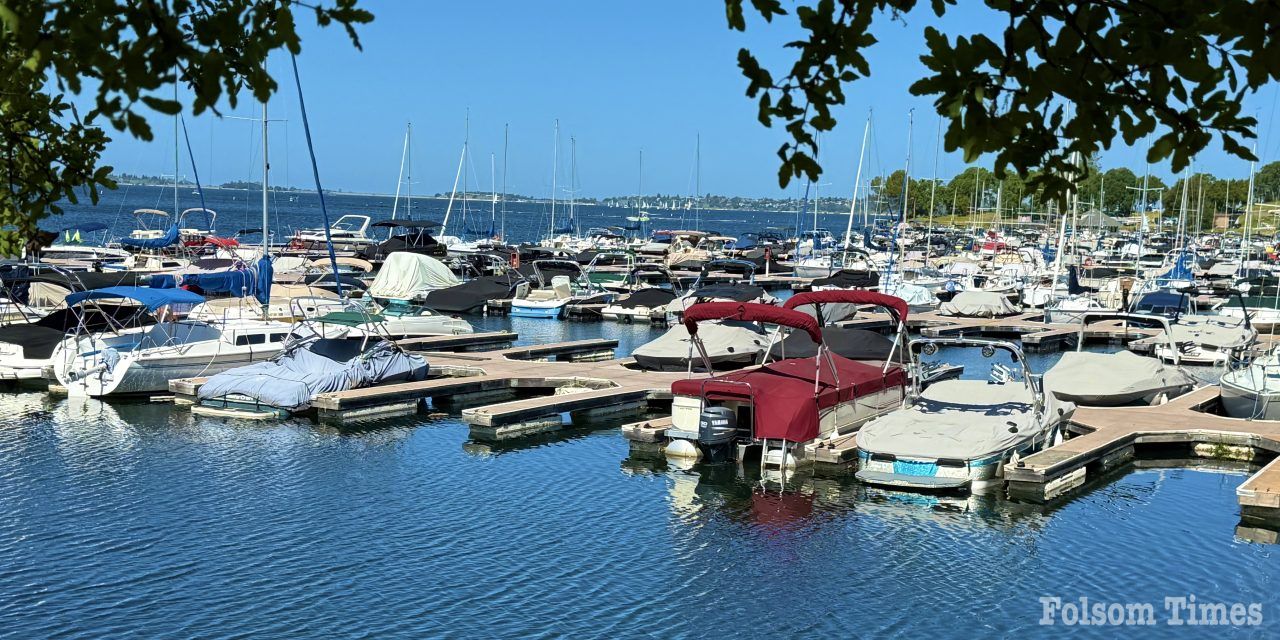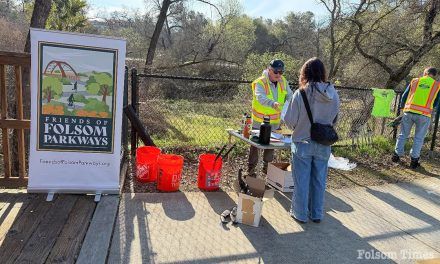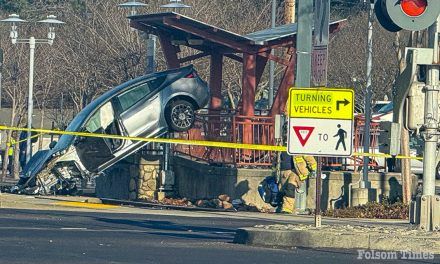Four area lawmakers are coming together and calling for the reopening of Folsom Lake to boaters. Assemblyman Josh Hoover, Congressman Kevin Kiley, Senator Roger Niello, and Assemblyman Joe Patterson are demanding action in response to the lake’s recent closure, citing concerns about its impact on the region’s economy and recreational access.
The group contends that restrictions tied to invasive species prevention have gone too far and are calling for immediate steps to allow boaters back on the water as peak season approaches.
“The residents of our region deserve better than an abrupt closure when other options exist to safely open the lake,” said Assemblyman Hoover. “We must protect our waterways from invasive species, but we can and must do so in a way that maintains recreational opportunities and supports our local economy.”
In a joint letter sent this week to the U.S. Bureau of Reclamation and the California Department of Parks and Recreation, the group expressed strong concerns about the lake’s recent closure and the impact it is already having on local recreation and businesses. The letter follows the abrupt announcement on April 7 that Folsom Lake would be closed to motorized boats due to the discovery of the invasive golden mussel species in the Sacramento-San Joaquin Delta. The new regulations require boaters to either undergo a 30-day quarantine or hot water decontamination before launching, prompting confusion and frustration among lake users with boating season already underway.
While acknowledging the importance of protecting the region’s ecology, Hoover and his colleagues stressed that local, state, and federal agencies had months to prepare the public for the new restrictions after the mussel was first detected in October 2024. “Despite knowing about this invasive species for over six months, the aforementioned agencies did not notify the general public of the new restrictions until April 7, 2025,” Hoover said in a public statement. “We share their commitment to protecting our local ecology and water delivery systems, but we have concerns that jurisdictions were not better prepared with a plan that allows recreational access and minimizes harmful economic impacts.”
In the detailed letter, the group urged authorities to move quickly on several actions. They called for the authorization of decontamination procedures similar to those already used at Lake Tahoe. They also demanded that Folsom Lake be immediately reopened to all boats that have completed decontamination. Additionally, they advocated for the development of a streamlined process where green watercraft seals, indicating successful decontamination or quarantine completion, would be accepted at multiple lakes across the state.
“Lake Tahoe has a preexisting inspection process, and effective 2025, is now requiring all motorized and trailered vessels to undergo decontamination,” the letter reads. “This presents an opportunity to align new preventative measures with existing state procedures.”
“As concerns mount that existing procedures are inconsistent, with unreasonable timelines and numerous requirements, we ask that jurisdictions collaborate with federal, state, and local officials to create a process that allows boaters to receive a green watercraft seal accepted by all participating bodies of water,” the letter further states.
The lawmakers also requested that Folsom Lake officials reconsider the temporary closure, particularly for boats that have completed decontamination. “If the intent is to ensure that boats have sufficient time to complete the 30-day quarantine, decontaminated boats should be exempt and should be allowed to access the lake immediately,” the letter reads. “If boaters are prepared to assume the costs associated with decontaminating their vessels, Folsom Lake should allow them entry.”
The full letter, signed by Hoover, Kiley, Niello, and Patterson, emphasizes the urgency of the situation as prime boating season rapidly approaches, and the need to keep public recreation opportunities open without unnecessary delays.
For more information about the current restrictions in place at Folsom Lake, visitCalifornia State Parks’ official announcement. To learn more about the original Folsom Times coverage of the Folsom Lake closures and restrictions, visithere.
Copyright © 2025, Folsom Times, a digital product of All Town Media LLC. All rights reserved. No portion of this publication may be reproduced, distributed, or transmitted in any form or by any means, without the prior written permission of the publisher.




